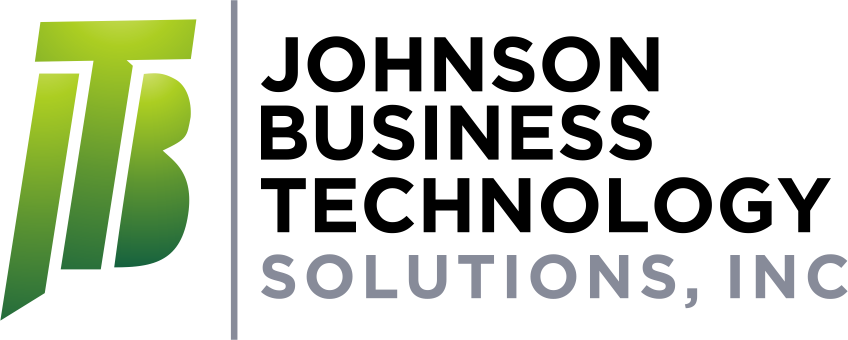August 25, 2025
Artificial intelligence (AI) is generating tremendous excitement—and for good reason. Cutting-edge tools like ChatGPT, Google Gemini, and Microsoft Copilot are revolutionizing how businesses operate. From crafting content and responding to customers to drafting emails, summarizing meetings, and even aiding with coding or spreadsheets, AI is transforming productivity.
While AI can dramatically save time and boost efficiency, it also carries significant risks if not handled properly—especially when it comes to safeguarding your company’s sensitive data.
Even small businesses face these vulnerabilities.
Understanding the Core Risk
The challenge isn’t the AI itself, but rather how it’s being used. When employees input confidential information into public AI platforms, that data can be stored, analyzed, or even incorporated into training future AI models. This exposes private or regulated information without anyone realizing the danger.
In 2023, Samsung engineers accidentally leaked internal source code through ChatGPT, a breach so serious the company banned all public AI tool usage, as reported by Tom's Hardware.
Imagine this happening at your workplace—an employee pastes client financial details or medical records into ChatGPT for a quick summary, unaware of the risks. In moments, sensitive data could be compromised.
Emerging Threat: Prompt Injection Attacks
Beyond accidental leaks, cybercriminals are exploiting a sophisticated tactic called prompt injection. They embed malicious commands within emails, transcripts, PDFs, or even YouTube captions. When AI systems process this content, they can be manipulated into disclosing sensitive information or performing unauthorized actions.
In essence, the AI unwittingly assists attackers without detecting the manipulation.
Why Small Businesses Are Particularly at Risk
Many small businesses lack oversight on AI usage. Employees often adopt new AI tools independently, with good intentions but without clear guidelines. Many mistakenly treat AI platforms like enhanced search engines, unaware that any data they enter might be permanently stored or accessible to others.
Additionally, few organizations have formal policies or training programs to educate staff about safe AI practices.
Steps You Can Take Immediately
You don’t have to eliminate AI from your operations—but you must take charge of how it’s used.
Start with these four essential actions:
1. Establish a clear AI usage policy.
Specify approved tools, outline data that must never be shared, and designate contacts for questions.
2. Train your team thoroughly.
Educate employees about the risks of public AI tools and explain threats like prompt injection.
3. Adopt secure, enterprise-grade AI platforms.
Encourage use of trusted tools such as Microsoft Copilot that provide enhanced data privacy and compliance controls.
4. Monitor and manage AI tool usage.
Keep track of which AI services are in use and consider restricting access to public AI platforms on company devices if necessary.
Final Thoughts
AI technology is here to stay, offering tremendous benefits for businesses that use it wisely. However, ignoring the security risks can lead to costly breaches, regulatory penalties, and damaged reputations. A few careless keystrokes could expose your company to hackers and compliance violations.
Let’s have a quick conversation to ensure your AI practices protect your business. We’ll help you develop a robust, secure AI policy and safeguard your data without hindering your team’s productivity. Call us at 615-989-0000 or click here to schedule your 15-Minute Discovery Call now.





